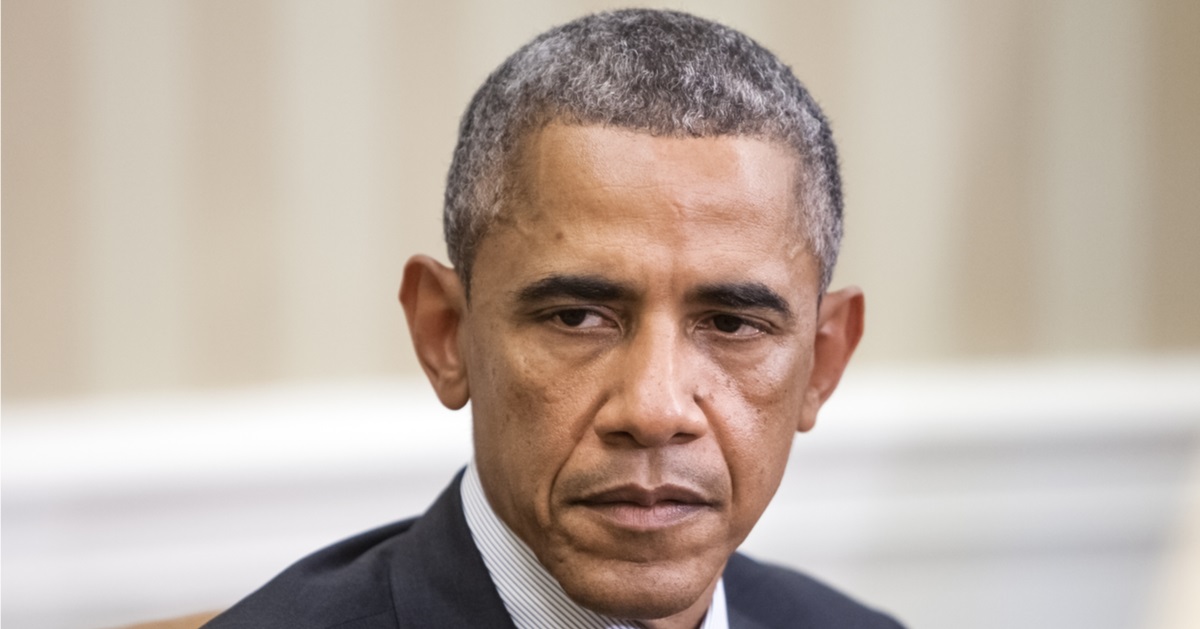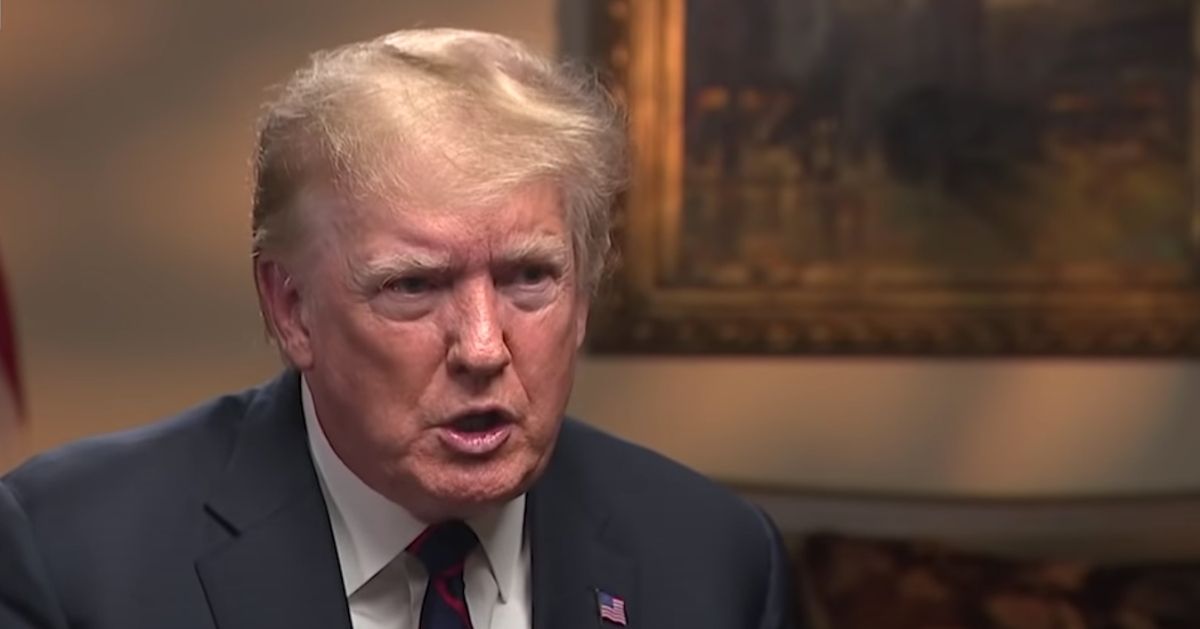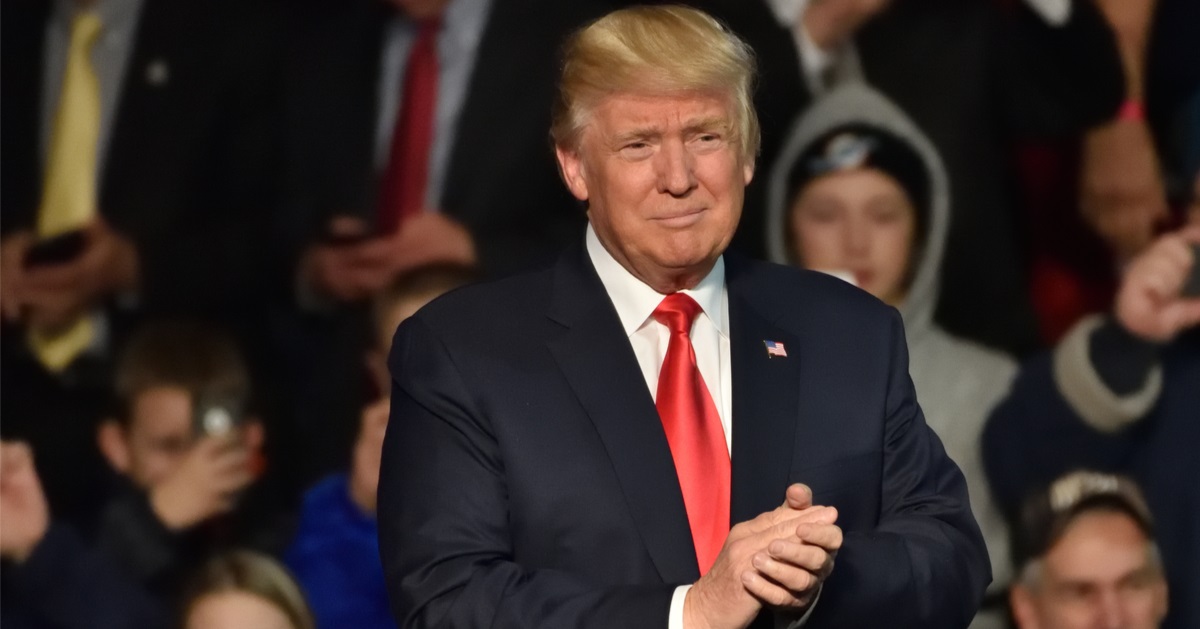The Biden administration had previously replaced the term "illegal alien" with "undocumented immigrants" as part of a broader effort to adopt language that proponents argue is more humane. However, a former high-ranking immigration official advising Trump’s team indicated, "In this [present] administration, we used ‘undocumented immigrants,’ right? Expect all of that to change."
Shift in Policy Marks Return to Previous Language
During Biden's presidency, instructions were given to U.S. Customs and Border Protection (CBP) personnel to cease the use of the term along with others like “alien” and “assimilation.” Instead, they were directed to use “noncitizen” or “migrant.” This change was mandated by Troy Miller in April 2021.
Rodney Scott, the then-head of the U.S. Border Patrol, resisted these changes. He expressed his dissent in an internal document, stating, "This memorandum serves as my official nonconcurrence to the proposed updated terminology for U.S. Customs and Border Protection (CBP) communications and materials... I will not undermine this effort; however, I cannot endorse it."
The discussions about reverting to the old terminology are also supported by John Fabbricatore, a retired ICE field office director and potential candidate to lead ICE. Fabbricatore argues for the neutrality of the term "illegal alien," asserting, "What is wrong with illegal alien? It connotes no race, religion, or culture... It is a purely legal term that was hijacked in an Orwellian attempt to control the messaging about illegal immigration."
Legislative and Personal Responses to Language Change
These changes have not gone unchallenged in Congress. Rep. Joaquin Castro introduced a bill aiming to prohibit the federal use of “alien” in reference to non-U.S. citizens, although it has not yet been passed. Conversely, Rep. Henry Cuellar expressed disagreement with the removal of the term “alien” as long as it remains in legal statutes.
Even President Biden has waded into the debate inadvertently. During a State of the Union address, he used the term “illegal” in reference to an undocumented individual involved in a crime, a comment for which he later expressed regret, stating, “I shouldn’t have used illegal, it’s undocumented.”
These varied perspectives highlight the contentious nature of language used in the context of immigration. The second official added, "I don’t see anyone at [U.S. Immigration and Customs Enforcement] or [U.S. Customs and Border Protection] using any euphemisms for illegal aliens after Jan. 20."
Broader Implications of Terminology in Immigration Policy
The potential policy reversal by the incoming Trump administration reflects broader political and ideological shifts that often accompany changes in governance. Language in immigration policy can influence public perception and policy interpretation, serving as a tool for broader political messaging.
As the January 20 inauguration date approaches, the impact of this shift in terminology will likely be scrutinized both domestically and internationally. Observers will be watching to see how this change fits into the larger immigration policy framework that President-elect Trump plans to implement during his term.
With these changes, the Trump administration aims to restore what it views as a straightforward approach to immigration terminology, challenging what it perceives as a shift towards political correctness under the Biden administration.





